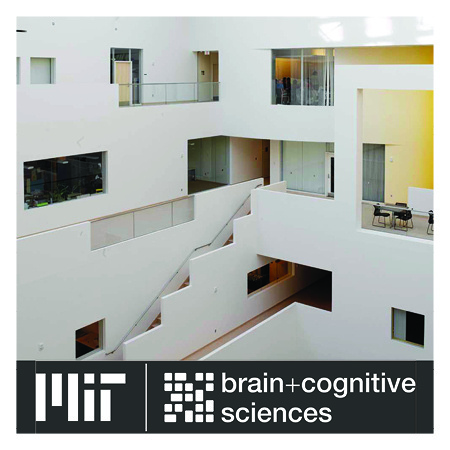
Cog Lunch: Ashley Thomas "Intuitive Sociology: How infants and children think about social relationships."
Description
Speaker: Ashley Thomas
Lab: SaxeLab
Title: Intuitive Sociology: How infants and children think about social relationships.
Abstract: Every day, we recognize social relationships and use knowledge about social relationships to inform our behavior. For example, we recognize that it is acceptable to eat off our spouse’s plate, but unacceptable to eat off our employer’s plate. We may laugh at our boss’s joke to maintain our deferential relationship or do a favor for a coworker to maintain a cooperative one. How do we come to make sense of these situations? The framework that guides my research is the hypothesis that like adults, infants and young children predict people’s behavior, and plan their own behavior, in part, by using representations of social relationships—that is from an early age, we can tell who is connected and how they are connected. I hypothesize that these representations are abstract, structured, theory like, and stable over development; and that many of them are learned quickly and easily, starting early in development. I will focus on three sets of studies that illustrate that infants and children understand who is connected to whom and how they are connected. First, young children and even infants perceive relationship closeness, and distinguish intimate from other cooperative relationships. Second, school-age children distinguish hierarchical from egalitarian relationships in groups and prefer to join egalitarian groups. Third, infants infer their own relationships with new individuals, by selectively observing their parents’ social interactions with those new individuals. Thus, my current work reveals that young children and even infants track who is connected to whom and distinguish different types of social relationships.

